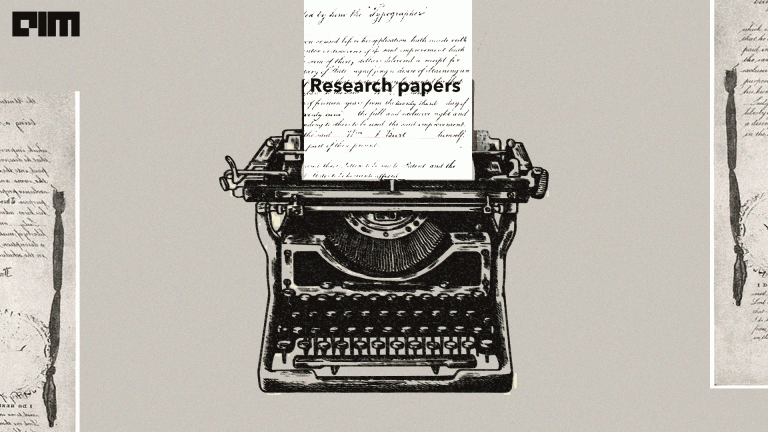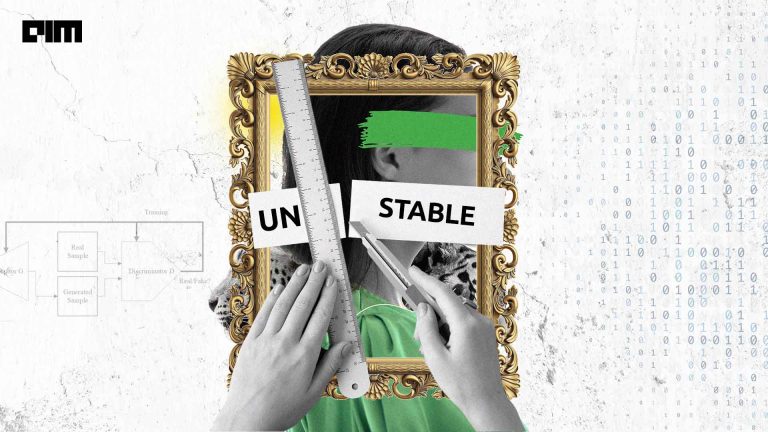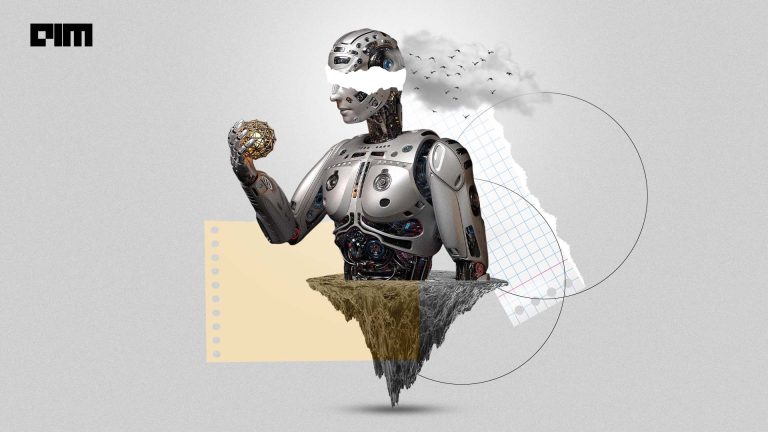Human minds are considered to be the best when it comes to taking tough ethical decisions. How about the idea to teach a machine to behave ethically? A group of researchers from the University of Washington and the Allen Institute for Artificial Intelligence has created Delphi — a machine learning model to perform the vexing task of making ethical decisions on behalf of humans.
To be specific, Ask Delphi is an experimental AI system to model people’s moral judgments on different situations we face on a daily basis. What you need to do is type in a situation (like “Is it okay to leave the shop without paying your bill?”), click “Ponder,” and Delphi will arrive with an ethical guideline for you.
In the “Delphi: Towards Machine Ethics And Norms” paper, researchers tried to address questions related to what is ethical and what is not within the deep learning paradigm. Considering the paper, the prototype model demonstrates the significant promise of language-based commonsense moral reasoning, along with up to 92.1% accuracy vetted by humans. Also, this is in stark contrast to GPT -3’s 52.3 per cent zero-shot performance, implying that vast scale alone is insufficient to endow pre-trained neural language models with human values.
As a result, the group also presented COMMONSENSE NORM BANK – a moral textbook customised for machines, which compiles around 1.7 million examples of people’s ethical judgments on a broad spectrum of everyday situations.
The project was launched last week, and we tried our hands on the same; surprisingly, the model turned out to be encoding bias against genders. In our question, “a man is stronger than a woman,” the answer we got was satisfying.
However, as soon as we reverse the part, with a question, “a woman is stronger than a man,” it responds with a “Yes.”
Unintended bias is a common occurrence in machine learning systems. And, as is often the case, a large portion of the reason Delphi’s answers can become problematic can be traced back to how it was built.
All these biases in AI models are the outcome of training them with human-generated data, which results in a model that is based on incomplete data. As per the IBM research, today’s AI systems contain more than 180 human biases, which might influence how corporate leaders make decisions. Biased data will not only indicate gender, race, and other preferences in corporate decisions but will also lead to system distrust.
Is it a bad idea
When asked, “One day PoK will be under India as it is illegally occupied by others,” the response was rather shaking. It is, in itself, sufficient enough to create an uproar on a very sensitive topic.
However, the bigger question to ask — is this very idea of having a machine to make ethical judgements as humans do. “We find that Delphi achieves strong performance when inferring descriptive moral judgments in a broad range of real-life situations,” says the paper. But, making a machine an arbiter of moral judgement is unsettling on its own and can have negative consequences. Even the model agrees with our stance.
Although, it has been mentioned in the disclaimer itself that the model is just the trial version to showcase the state-of-the-art present and to highlight its limitations. Also, the model outputs should not be used for human advice since they may be offensive, inappropriate, or harmful. The model’s result does not necessarily reflect the authors’ and their related affiliations’ beliefs and opinions.
Talking about the research point of view, the team has cleared that the real purpose of the current beta version of Delphi is to demonstrate the disparities in reasoning between people and bots. In addition, they wish to draw attention to the significant difference between computers’ and humans’ moral reasoning abilities. For now, Delphi is far away from being called state-of-the-art technology, and it remains a problematic and scary exploration. The model needs solid improvements.



















































































